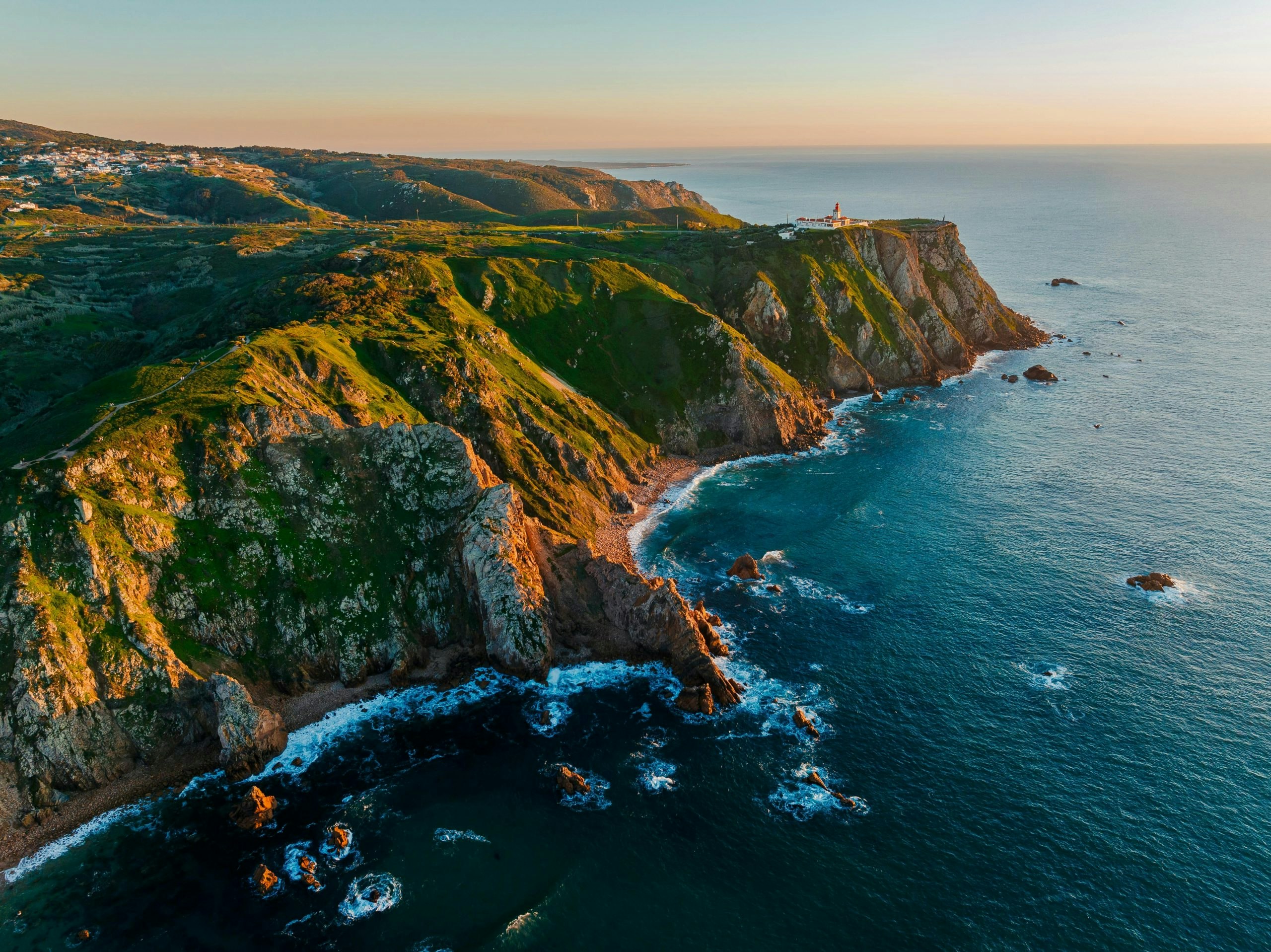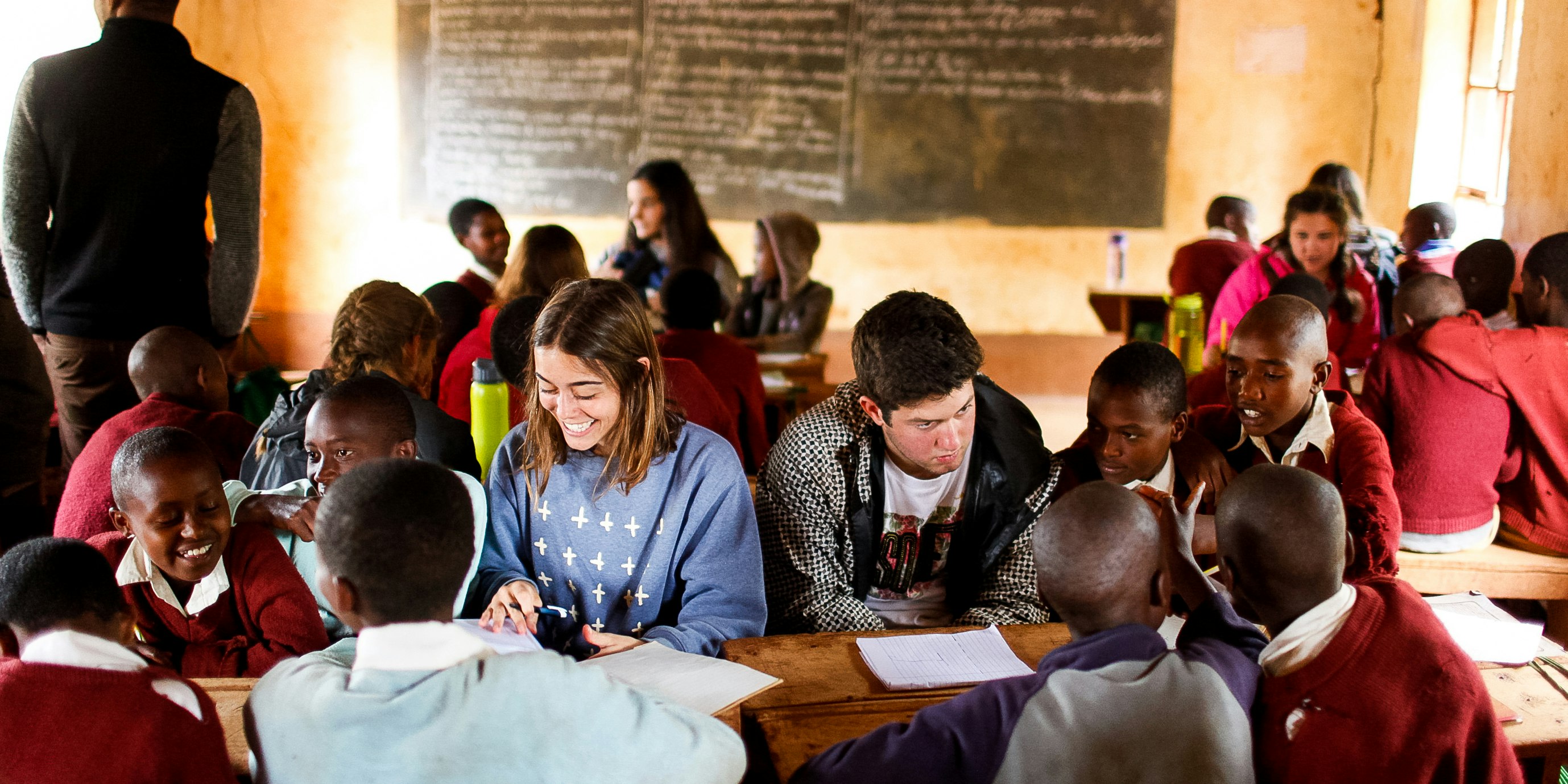Travel this program in the future
| Find out when new dates are available |
Experience rural Tanzania as you work with village leaders on service projects to improve living conditions and infrastructure. Partner with students for educational exchange activities to foster communication and teamwork, and forge friendships in the classroom and on the soccer pitch. Take a break from service to hunt for small game with the nomadic Hadzabe, one of the last remaining hunter-gatherer tribes, visit local blacksmiths to learn how to make tools from recycled scrap metal, and embark on a safari in the Ngorongoro Crater.
Students love the safari where they get to see a variety of animals in their natural habitat!
Similar Programs Available Now

Portugal’s coasts and Germany’s Alps
Age 14-18
$6,790 plus Airfare
-
-
Country:
-
-
-
Department:
- Student Travel
-
-
-
Duration:
- 16 Days
-
-
-
Max. Students:
- 20
-
-
-
Ages:
- 14-18
-
-
-
Cost:
- $4,645 plus Airfare
-
-
-
Service Hours:
- 50
-
-
-
Interests:
-
-
-
Program Types:
-
-
-
At-A-Glance:
-
Accomodation Amenities
Adventure/Physicality
Educational Activities
On-Program Travel
-
Packing the right gear (and the right amounts) is the first step to an incredible travel experience. Follow these tips to pack like a pro:
Travel light. Pack only the essentials. You’ll need less than you think!
Consider no checked bag. We strongly recommend that you consider packing only a carry-on size bag. This prevents your luggage getting lost or separated from you, keeps your bag manageable, and helps you be more mobile on your travel day.
Bring the right clothes. Pack clothes that are culturally appropriate for your destination and acceptable for service projects. This means bringing long shorts (think Bermuda and basketball shorts), t-shirts with sleeves to cover shoulders, and appropriate footwear.
Leave your valuables behind. While traveling, it’s easier for things to get lost, stolen, or damaged. Keep any prized possessions safe at home.
Check with TSA. Make sure your luggage complies with TSA regulations, especially your carry-on. Useful tip: Pack an empty water bottle and fill it up after security.
Extra paperwork? If you need additional forms filled out to get credit for your service hours, no problem! Bring these forms with you so they can be completed in-country.
A school backpack is ideal as it will be used for daily activities and outings.
- Passport
- Photocopy of passport
- Wallet/money
- Visa documentation (if applicable)
- Book and/or journal
- Pen
- Phone
- Camera
- Chargers
- Change of clothes
- Water bottle
- Medication
- Camera
- Outlet power converter
- Additional community service forms
- Consent to Travel Letter (for students under 19, recommended by the US State Dept but not required)
- Rustic Pathways emergency contacts
A 40-50 liter duffel bag or backpack is ideal.
Clothes
- Socks (7)
- Underwear (7-8)
- Base layers (1 set)
- Pants/capris (2-3)
- Jeans (1)
- Knee-length shorts (2-3)
- T-shirts (5-7)
- Long sleeved shirt (1-2)
- Fleece/hoodie
- Swimsuit
- Pajamas
- Quick dry towel
- Rain jacket
- Sneakers
- Hiking boots
- Sunglasses
- Hat (2 – 1 for sun, and 1 for warmth)
- Work gloves
Toiletries
(Travel size bottles in Ziploc bags)
- Shampoo
- Conditioner
- Body wash
- Face wash
- Toothbrush
- Tooth paste
- Oxybenzone-free sunscreen (reef-safe)
- Bug spray with DEET
- Feminine hygiene products
- Contacts
- Contact solution
- Foam ear plugs
- Personal med kit
- Deodorant
- Wet Wipes
- Razor/shaving cream
Miscellaneous
- Sleeping bag (25-40°F or -5-5°C)
- Pillow with pillowcase/camping pillow
- Headlamp and spare batteries (2 sets)
Optional
- Portable games (Bananagrams, cards, etc.)
- Sports games (Frisbee, soccer ball, etc.)
- Dress – Tank Tops and Short Shorts will not be permitted. Any shorts that do not touch the top of the kneecap are considered “short.” In general, we expect our students to respect cultural norms and to dress accordingly.
- Laundry – You will have an opportunity to do laundry 1-2 times during the program.
- Outlet power converter—Tanzania has 230V Plug Type G outlets.




